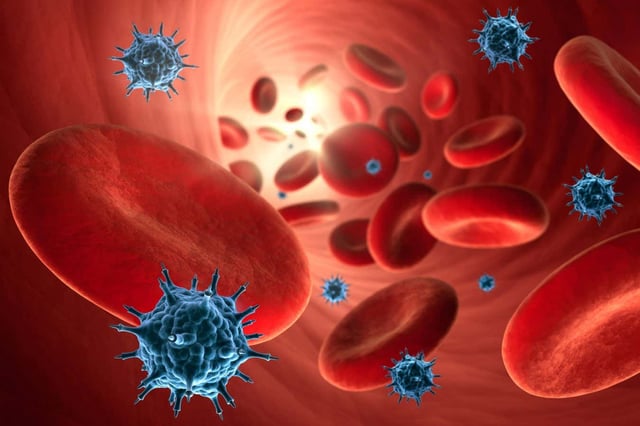Overview
- The CARTESIAN study followed 2,390 participants recruited in 2020–2022 and measured carotid–femoral pulse wave velocity about six and twelve months after infection.
- Women with prior COVID showed higher arterial stiffness versus uninfected controls, with PWV rises of +0.55 m/s (mild), +0.60 m/s (hospitalized), and +1.09 m/s (ICU), a change researchers deem clinically meaningful and roughly equivalent to about five years of vascular aging.
- Among women, persistent post‑COVID symptoms at six months correlated with higher PWV compared with those who recovered fully, whereas men showed no comparable symptom‑linked difference.
- By around twelve months, PWV in COVID‑recovered groups generally stabilized or improved, while COVID‑negative controls tended to show increases over the same period.
- Vaccination was associated with lower PWV, though authors caution the observational design and lack of pre‑infection baselines limit causal inference, and they emphasize risk‑factor control and continued follow‑up.



